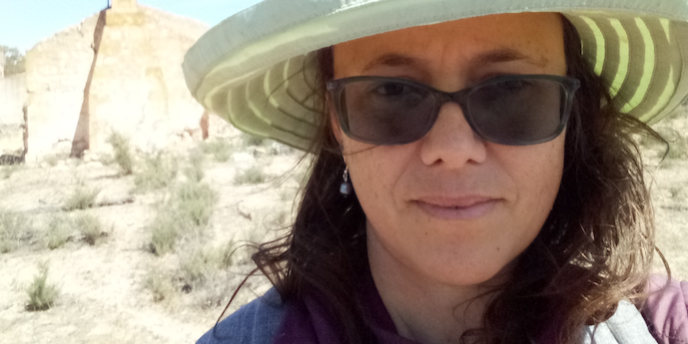Dr Fiona Petchey’s innovations in radiocarbon dating are solving complex geological, archaeological and forensic puzzles.
Radiocarbon dating fragments of bone and/or shell can provide clues to geological or environmental change, human migration and sometimes crime. However, environmental factors – including whether the sample is marine or terrestrial in origin – can affect the radiocarbon signal and confuse conclusions, providing significantly different dates for the same event. Deputy Director of the Waikato Radiocarbon Dating Laboratory, Dr Fiona Petchey has developed innovative methodologies that cut through the ‘noise’ to pinpoint carbon dates more accurately. Her work has revised archaeological mapping of Pacific settlement, challenged traditional methods for dating marine samples and is currently supporting global research into the human genome.
Dr Fiona Petchey
Elevating Carbon Dating
Waikato Regional Council Environmental Science Award
Dr Fiona Petchey’s innovations in radiocarbon dating are solving complex geological, archaeological and forensic puzzles.
Radiocarbon dating fragments of bone and/or shell can provide clues to geological or environmental change, human migration and sometimes crime. However, environmental factors – including whether the sample is marine or terrestrial in origin – can affect the radiocarbon signal and confuse conclusions, providing significantly different dates for the same event. Deputy Director of the Waikato Radiocarbon Dating Laboratory, Dr Fiona Petchey has developed innovative methodologies that cut through the ‘noise’ to pinpoint carbon dates more accurately. Her work has revised archaeological mapping of Pacific settlement, challenged traditional methods for dating marine samples and is currently supporting global research into the human genome.





